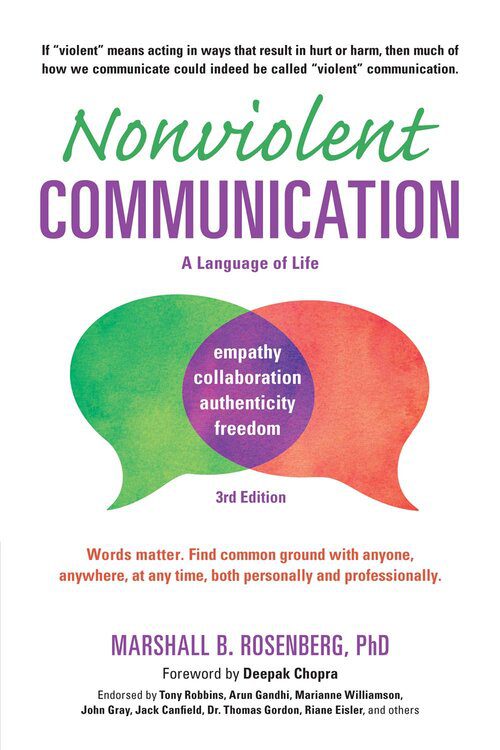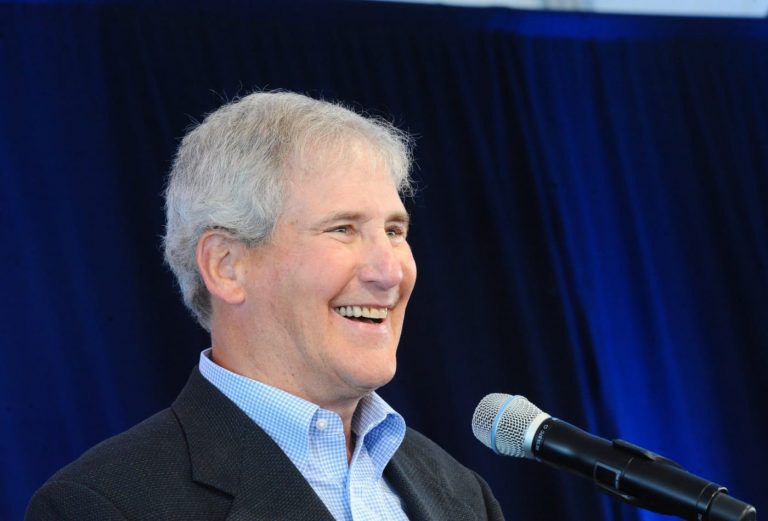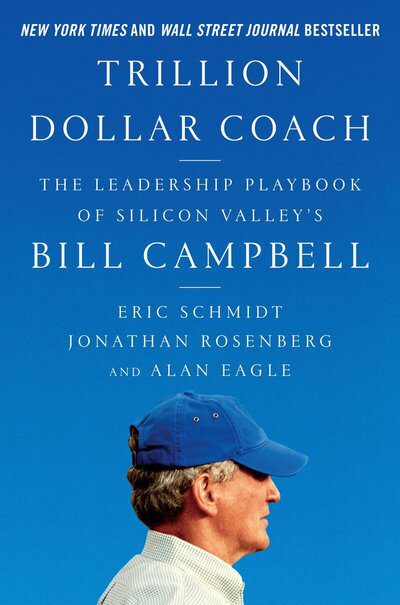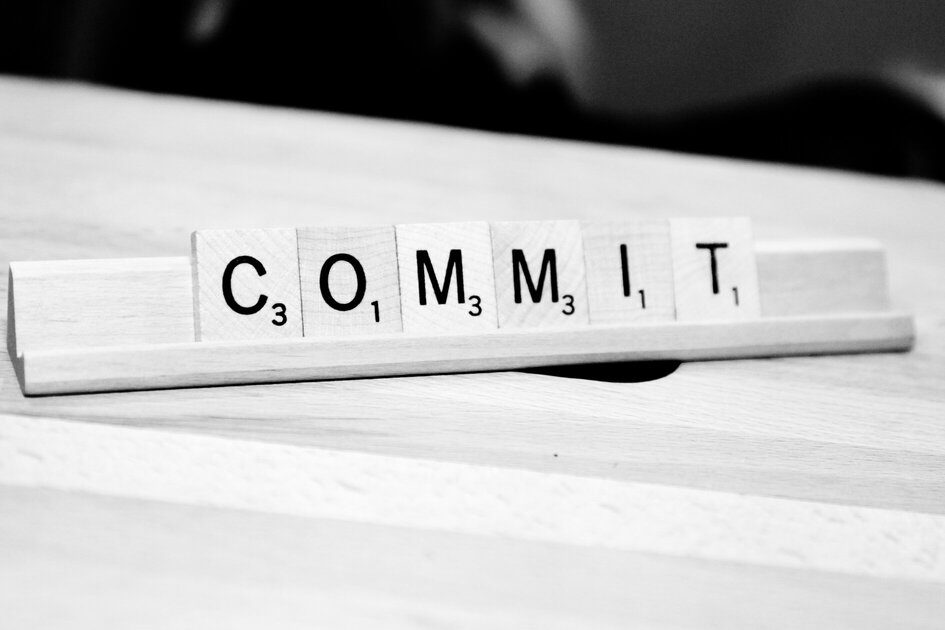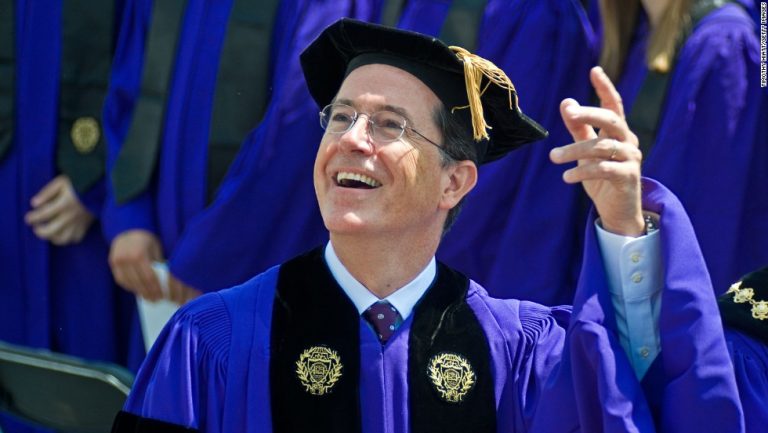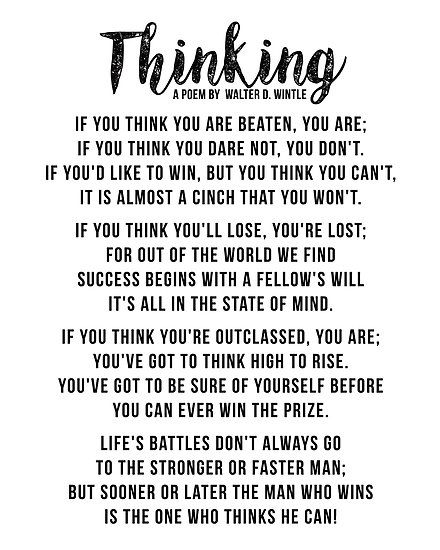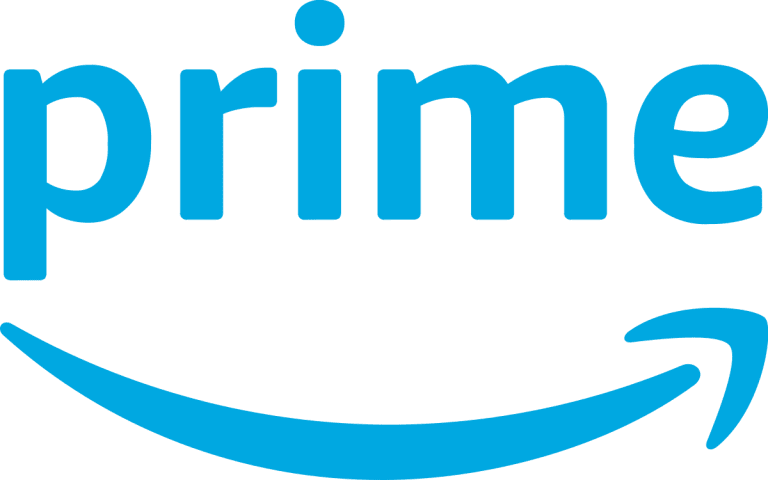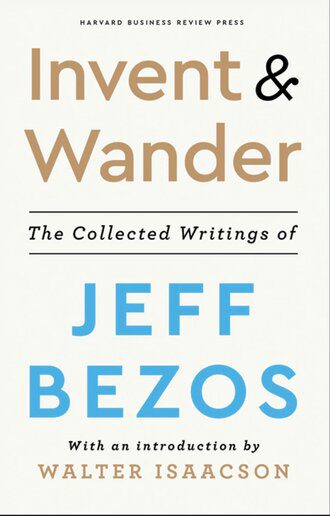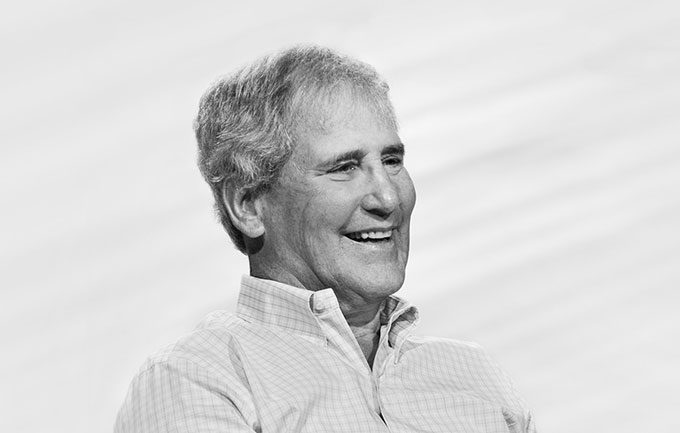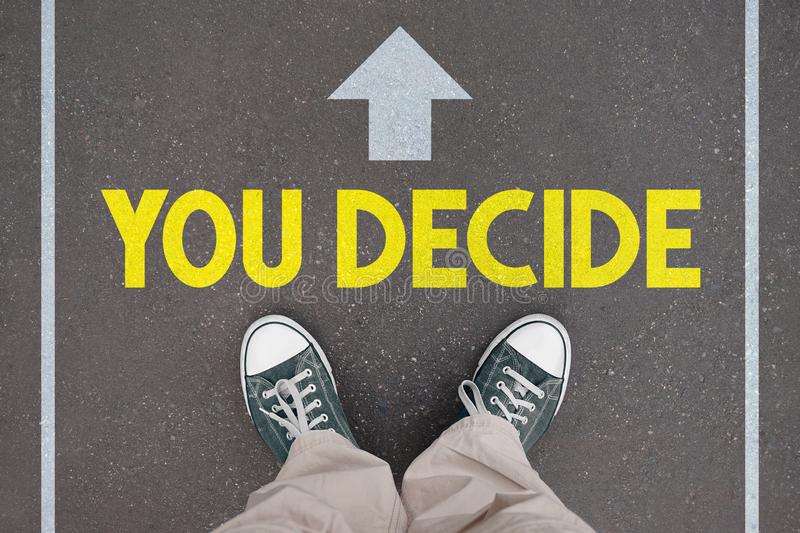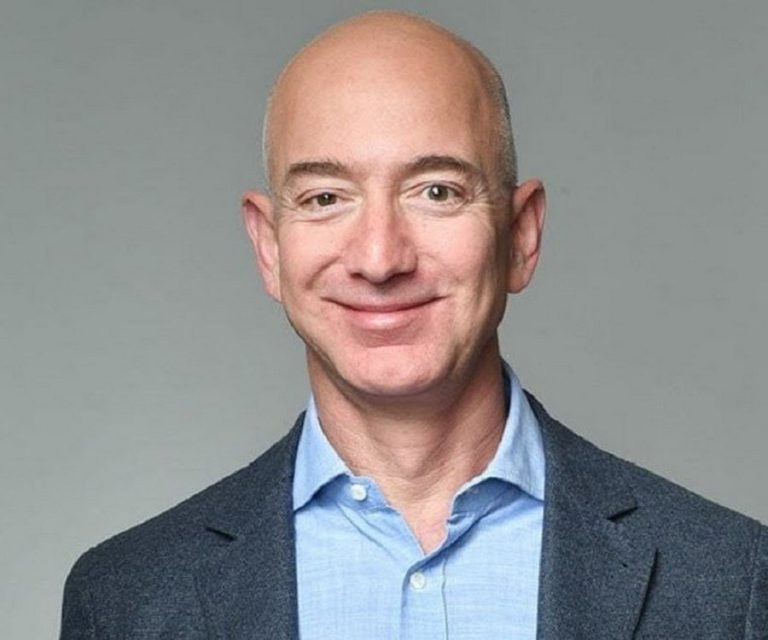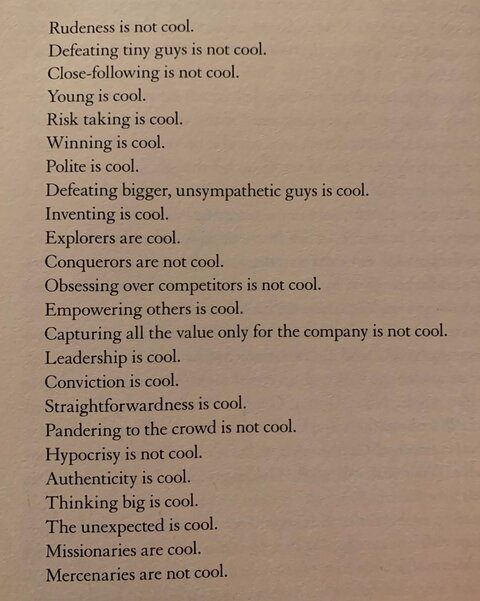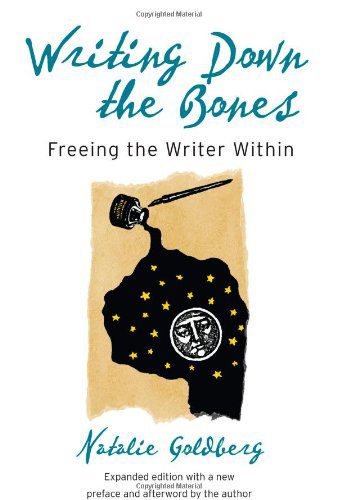I am a super fan of Amazon and Amazon Prime for its speed and convenience. I have been an Amazon Prime subscriber for the past three years, and it is a great service that includes same one or two-day delivery and streaming music and video.
With a reported 150 million subscribers worldwide as of January 2020. Amazon Prime is a paid subscription program from Amazon that gives users access to additional services otherwise unavailable or available at a premium to regular Amazon customers.
More than half of US households are members of Amazon Prime, and Amazon delivered ten billion packages in 2018, which is two billion more than the number of people on this planet.
In his recently released book, Invent and Wander: The Collected Writings of Jeff Bezos, Jeff shares some great insights about the launch and risk taking involved with the launch of Amazon Prime:
Launching Amazon Prime
An example of how Bezos innovates and operates was the launch of Amazon Prime, which transformed the way Americans think about how quickly and cheaply they can be gratified by ordering online. One of his board members had been suggesting that Amazon create a loyalty program, similar to what the airlines have with their frequent-flyer programs.
Separately, an Amazon engineer suggested that the company offer free shipping to its most loyal customers. Bezos put the two ideas together and asked his finance team to assess the costs and benefits. “The results were horrifying,” Bezos says with his laugh. But Bezos had a rule, which was to use his heart and his intuition as well as empirical data in making a big decision.
“There has to be risk-taking. You have to have instinct. All the good decisions have to be made that way,” he says. “You do it with a group. You do it with great humility.”
One Way Door
He knew that creating Amazon Prime was what he calls a one-way door: it was a decision difficult to reverse. “We’ve made mistakes, doozies like the Fire Phone and many other things that just didn’t work out. I won’t list all of our failed experiments, but the big winners pay for thousands of failed experiments.”
He was aware that it would be scary at first because those who signed up for Prime would be the heaviest users of shipping. “What happens when you offer a free all-you-can-eat buffet, who shows up to the buffet first?” he says. “The heavy eaters. It’s scary. It’s, like, oh, my God, did I really say as many prawns as you can eat?” But eventually Amazon Prime led to the combination of a loyalty program and a convenience for customers as well as a huge source of customer data.”
The 2005 Amazon Prime Launch
In 2005, Amazon announced Amazon Prime is a membership service offering free two-day shipping within the contiguous United States on all eligible purchases for an annual fee of $79 (equivalent to $103 in 2019), and discounted one-day shipping rates.
In his 2005 Letter to Shareholders, Jeff Bezos had this to say about Amazon Prime:
In 2005, we launched Amazon Prime. For $79 per year, Prime members get unlimited express two-day shipping for free and upgrade to one-day delivery for just $3.99.
As another example, in 2000 we invited third parties to compete directly against us on our “prime retail real estate”—our product detail pages. Launching a single detail page for both Amazon retail and third-party items seemed risky. Well-meaning people internally and externally worried it would cannibalize Amazon’s retail business, and—as is often the case with consumer-focused innovations—there was no way to prove in advance that it would work.
Amazon Prime Features
Amazon Prime Music
Prime Music is a music streaming service similar to Spotify, Apple Music, YouTube Music, and others. It allows access to a library of most of its songs to Amazon Prime members.
Price: $7.99 per month for Prime members and $9.99 per month for non-Prime members.
Amazon Prime Video
Amazon Prime Video is a subscription video-on-demand over-the-top streaming and rental service of Amazon.com, Inc., offered as a standalone service or as part of Amazon’s Prime subscription.
Prime Video additionally offers a content add-on service in the form of channels, called Amazon Channels, or Prime Video Channels, which allow users to subscribe to additional video subscription services from other content providers within Prime Video, such as HBO, StarzPlay, and Shudder.
Prime Reading
Beginning in October 2016, Prime members in the U.S. receive access to a rotating set of Kindle e-books through Prime Reading. The service includes unlimited access to a rotating catalog of ebooks and audiobooks, 1 free pre-release ebook every month from editors’ picks, magazines, articles, and comic books also included.
Kindle Owners’ Lending Library
Kindle owners with Amazon Prime memberships can choose from thousands of books to read for free once a month from the Kindle Owners’ Lending Library (KOLL). KOLL is available for readers on Amazon.com, Amazon.co.uk, Amazon.de, Amazon.fr, and Amazon.co.jp. KOLL is different from the Lending for Kindle feature, which allows readers to lend digital books to their friends and family after buying them on the Amazon.com Kindle Store.
Amazon Prime Now
The Prime Now service allows members to have products delivered to them within one hour for a fee of $7.99, or within two hours for no additional fee.
Prime Now is a service offered by Amazon and available to Prime members in parts of the United States, United Kingdom, France, Germany, India, Italy, Japan, and Spain.
Amazon Prime Air
Prime Air is a drone delivery service currently in development by Amazon. The service uses delivery drones to autonomously fly individual packages to customers within 30 minutes of ordering.
Amazon Prime Gaming
Amazon Prime or Prime Video subscribers also get Twitch Prime (now Prime Gaming) at no additional cost. Prime Gaming includes a monthly Twitch channel subscription, tons of awesome content in your favorite games, 5+ PC games every month, and more with your Amazon Prime membership.
Prime Student: 6-month Trial
Fast, free delivery on over 100 million items, unlimited access to Prime movies and TV shows, exclusive deals, and more. Get Free Two-Day Shipping on college essentials including textbooks
Prime Day
On July 15, 2015, in honor of the website’s 20th anniversary, Amazon first held Prime Day. The event features a large number of sales and promotions that are exclusively available to Amazon Prime subscribers, with Amazon promoting that the first edition would feature “more deals than Black Friday.
Prime Day is an annual deal event exclusively for Prime members, delivering two days of special savings on tons of items.
As an Amazon Prime member, you have access to:
- Prime Delivery: Fast, FREE delivery on millions of items, including FREE Two-Day Shipping, and FREE Same-Day or One-Day Delivery in select cities.
- Prime Video: Stream thousands of Movies, TV shows, and Amazon Originals
- Amazon Music: Listen to over two million songs, always ad-free and on-demand
- Exclusive Deals and offers, just for Prime members and much more.
Amazon Price
- The membership fee for Amazon Prime is $119 per year or $12.99 per month.
- Free Trial: first 30 days of the annual subscription are free, and you can cancel anytime
- Students can get a generous price break, however. Amazon Student accounts get many of the same Prime benefits, and it’s free for the first six months.
Subscribe to Amazon Prime.
